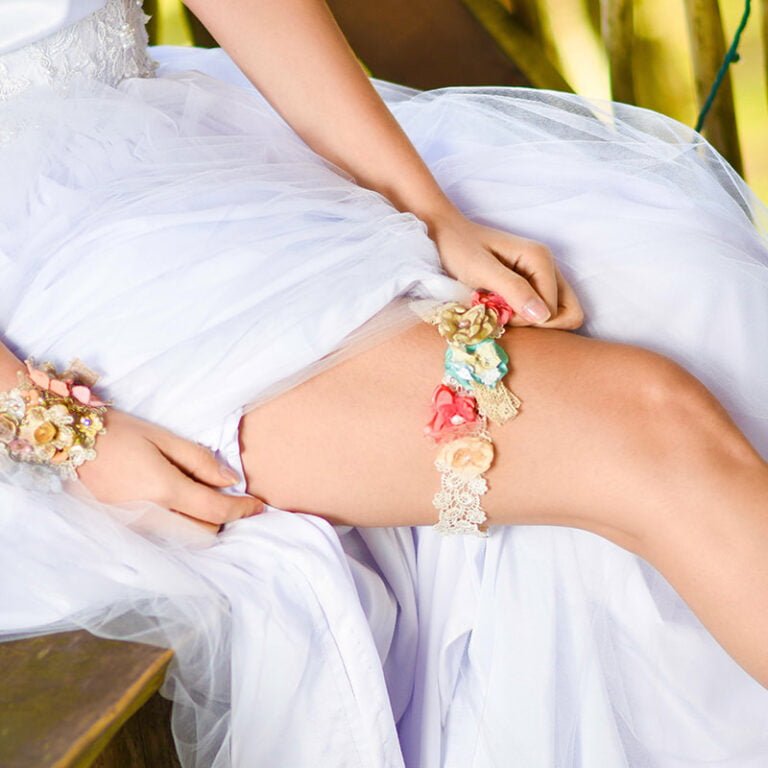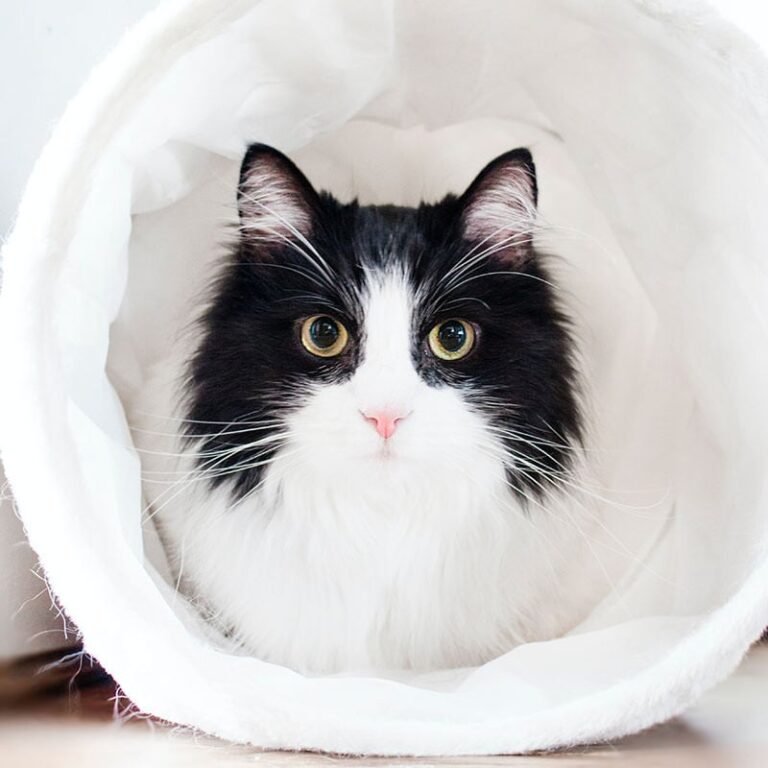bassiner quelqu’un
“Bassiner quelqu’un” means to bore someone, to question someone insistently, to disturb them, to annoy them or to bother them. But it comes from the word “bassinoire” which meant a “warming pan,” which was a covered metal pan on the end of a long wooden handle. It was filled with hot coals and used to heat beds in winter before bedtime. If it was left in the bed too long, it could set fire to the bedding. It was necessary to sweep the bassinoire under the covers to heat the bedding evenly. If it were just left in the one spot, the rest of the bed would be cold. This monotonous sweeping movement became the origin of the verb “bassiner,” which now means “to bore (someone).”
This expression dates back to the 19th century. Similar expressions in English would be “to be a pain in the neck, to bug someone, or to get one someone’s nerves.”






